Each lab is a live, participatory lab and it will not be recorded. A meeting link will be emailed a few days prior to the lab. Cancellations must be made 48 hours prior to the first lab and will be charged a $30 cancellation fee. This lab pass is valid only for the three Autumn labs listed in this description.
Kate Rutter is an avid nature journaler, sketchnoter, graphic facilitator, and designer who helps people make creative connections with nature through observation, curiosity, and wonder. A lifelong sketcher with an experimental and rambunctious visual practice, she creates visual explanations that make complex ideas simple, memorable, and shareable. Kate’s education work spans online teaching, corporate and nonprofit trainings and conferences, and nature journal workshops at public & private gardens and nurseries. Kate is a board member of the Wild Wonder Foundation and holds a B.A. in Studio Art from Wellesley College. She instas at @katerutter and blogs at www.intelleto.com.
Felicia Zamora is the author of eight books of poetry including, Murmuration Archives, Akrilica Series, Noemi Press (2026), Interstitial Archaeology, Wisconsin Poetry Series (2025), I Always Carry My Bones, winner of the 2020 Iowa Poetry Prize (2021) and the 2022 Ohioana Book Award in Poetry, Body of Render, Benjamin Saltman Award winner (2020), and Of Form & Gather, Andrés Montoya Poetry Prize winner (2017). She’s won the Loraine Williams Poetry Prize, C.P. Cavafy Prize, Wabash Prize, Tomaž Šalamun Prize, and two Ohio Arts Council Individual Excellence Awards (2024 & 2022). She has been supported by a Tin House Next Book Residency, Yaddo Residency, Ragdale Fellowship, and CantoMundo Fellowship. Her writing appears in Academy of American Poets Poem-A-Day, Alaska Quarterly Review, The American Poetry Review, Best American Poetry 2022, Boston Review, Brevity, Ecotone, The Georgia Review, Gulf Coast, The Iowa Review, The Kenyon Review, Lit Hub, The Missouri Review, Orion, Poetry Magazine, The Nation, and others. She is a poetry editor for Colorado Review, a contributing editor for West Branch, and an associate professor of poetry at the University of Cincinnati where she is a 2025-2026 Taft Research Center Fellow.
신 선 영 Sun Yung Shin was born in Seoul, Korea and was raised in the Chicago area. She is a poet, writer, and cultural worker. Shin is the author of the poetry collections Six Tones of Water (Ricochet Editions), The Wet Hex (Coffee House Press, 2022); Unbearable Splendor (Coffee House Press, 2016), winner of the 2016 Minnesota Book Award for poetry and finalist for the 2017 PEN USA Literary Award for Poetry; Rough, and Savage (Coffee House Press, 2012); and Skirt Full of Black (Coffee House Press, 2007), winner of the 2007 Asian American Literary Award for poetry. Her debut memoir Heart Eater: A Memoir of Immigration, Belonging, and How We Find Ourselves in Language is forthcoming with Black Lawrence Press in 2026.


